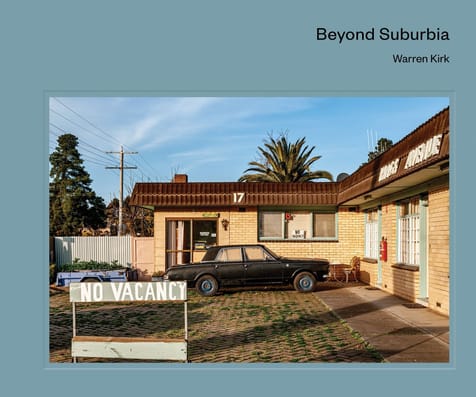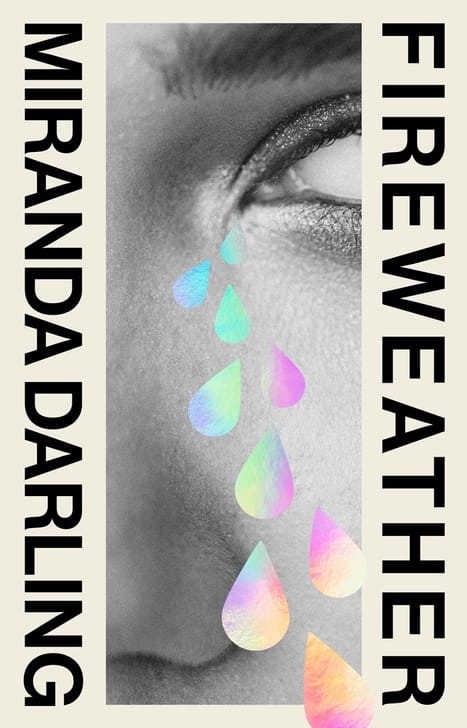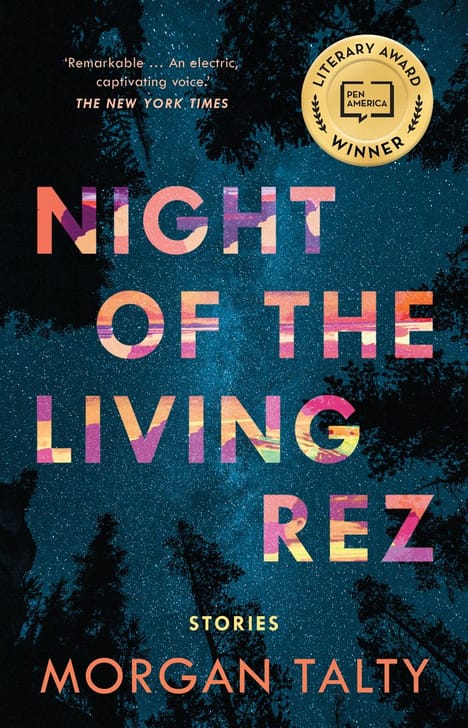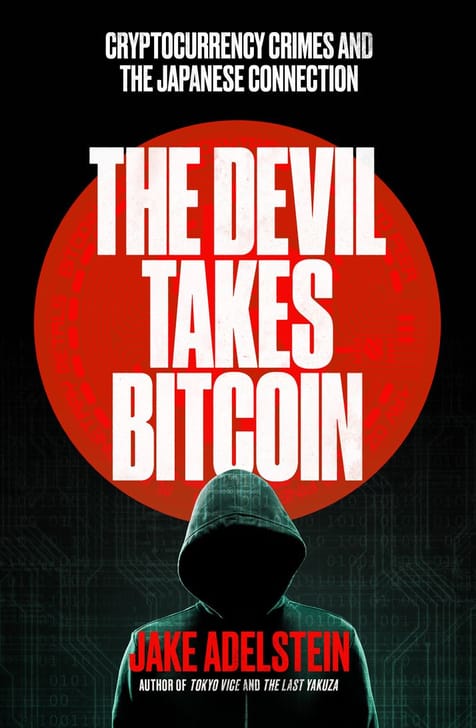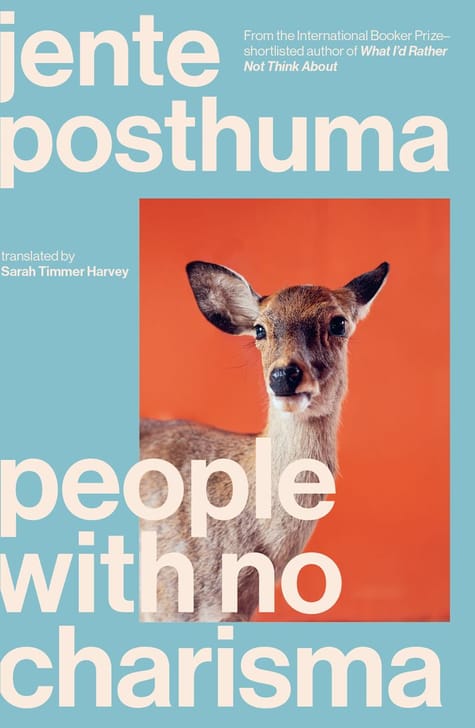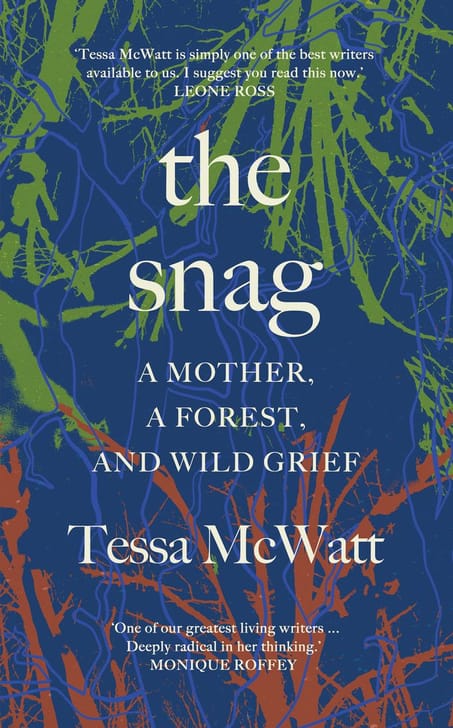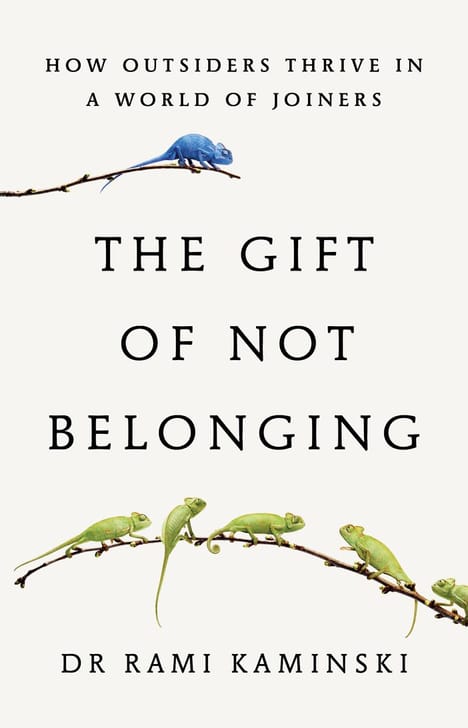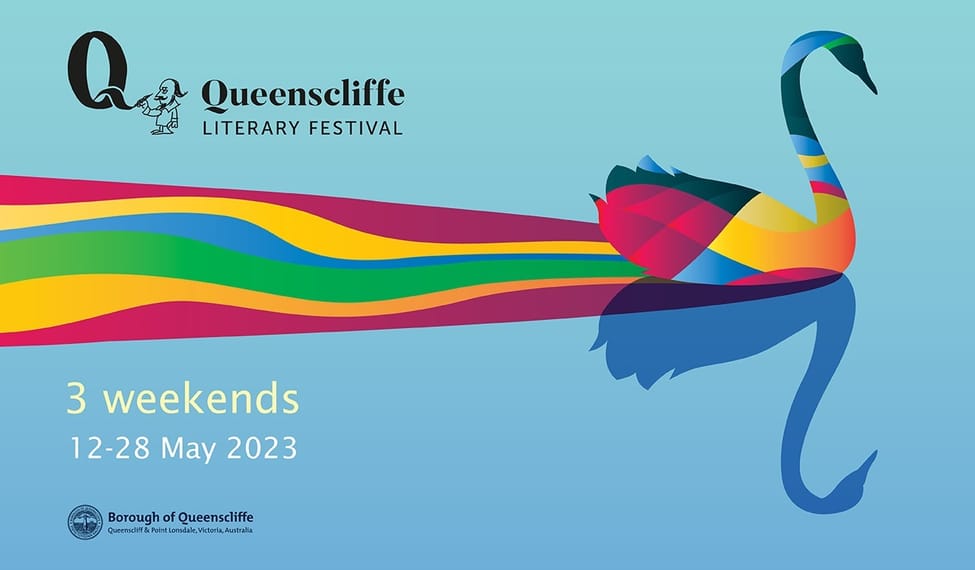
Scribe at Queenscliffe Literary Festival 2023
Related Books
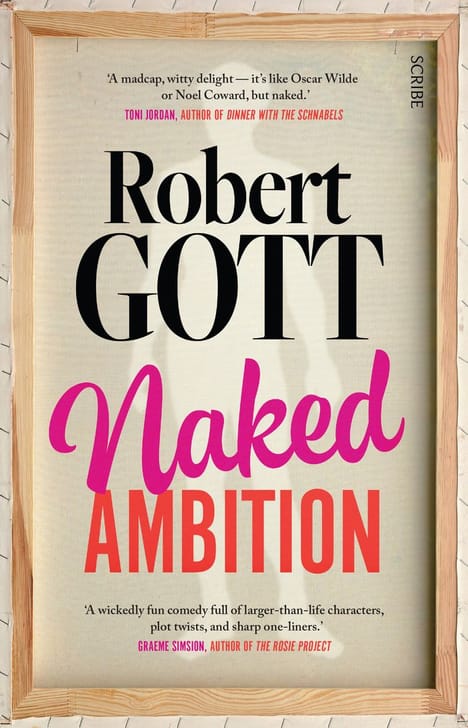
Naked Ambition
‘You’re a politician, a public figure. What on earth were you thinking?’
Up-and-coming junior minister Gregory Buchanan has had a portrait painted of himself by the acclaimed artist Sophie White — a painting she intends to enter in this year’s Archibald Prize. Until then, Gregory has hung it in pride of place on his dining-room wall. It’s a life-sized standing portrait, practically photographic in nature. And it’s a nude.
His wife will be home soon and he thinks the painting will be a pleasant surprise. Even more surprising will be an unexpected accumulation of guests: his sardonic mother, his fundamentalist mother-in-law, his lycra-clad cycling-enthusiast sister, and the state premier, Louisa Wetherly — a senior minister has just resigned in scandalous circumstances, and she needs Gregory to step into the spotlight ahead of the coming election.
It’s going to be a wild afternoon, and an even wilder campaign — to do something about Gregory’s naked ambition.
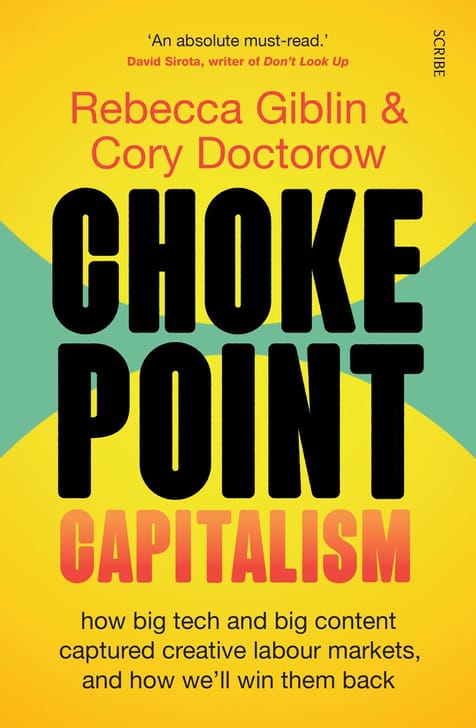
Chokepoint Capitalism
A call to action for the creative class and labour movement to rally against the power of Big Tech and Big Media
Corporate concentration has breached the stratosphere, as have corporate profits. An ever-expanding constellation of industries are now monopolies (where sellers have excessive power over buyers) or monopsonies (where buyers hold the whip hand over sellers) — or both.
In Chokepoint Capitalism, scholar Rebecca Giblin and writer and activist Cory Doctorow argue we’re in a new era of ‘chokepoint capitalism’, with exploitative businesses creating insurmountable barriers to competition that enable them to capture value that should rightfully go to others. All workers are weakened by this, but the problem is especially well illustrated by the plight of creative workers.
By analysing book publishing and news, live music and music streaming, screenwriting, radio, and more, Giblin and Doctorow deftly show how powerful corporations construct ‘anti-competitive flywheels’ designed to lock in users and suppliers, make their markets hostile to new entrants, and then force workers and suppliers to accept unfairly low prices.
In the book’s second half, Giblin and Doctorow explain how to batter through those chokepoints, with tools ranging from transparency rights to collective action and ownership, radical interoperability, contract terminations, job guarantees, and minimum wages for creative work.
Chokepoint Capitalism is a call to workers of all sectors to unite to help smash these chokepoints and take back the power and profit that’s being heisted away — before it’s too late.
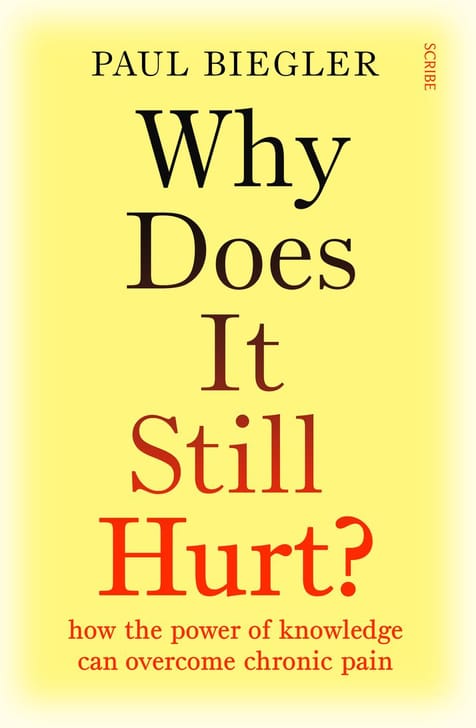
Why Does It Still Hurt?
Chronic pain is the single biggest cause of human suffering. Yet pain that persists for three months or more is often unrelated to any physical injury. So why does it still hurt?
Research over the last few decades shows that many of us — sufferers of chronic pain and health practitioners alike — are victims of a devilish trick of the nervous system. Where we believe that pain has its root in a damaged body, it is the brain that prolongs the hurting long after the body has healed. This leads to hundreds of billions of dollars being spent each year on treatments that sometimes do nothing and sometimes make matters worse.
Paul Biegler, a science journalist and former doctor who has been on his own pain journey, investigates the true source of chronic pain — our brain’s so-called neuroplasticity — and emerging therapies, including cognitive therapy and graded exercise exposure, that take advantage of that same neuroplasticity to rewire the brain and end the suffering. As he knows only too well, this doesn’t mean the pain is all in a person’s head. The pain is real, but its meaning is often misunderstood.
Through conversations with scientists, doctors, and people who have overcome chronic pain, Biegler shines a light on the rigorous new studies — and emotional personal stories — that are changing the way we understand and treat pain. Most importantly, he shows how to take control over persistent pain and truly heal.
